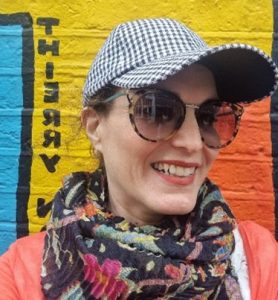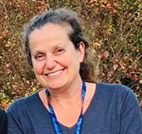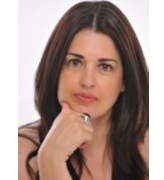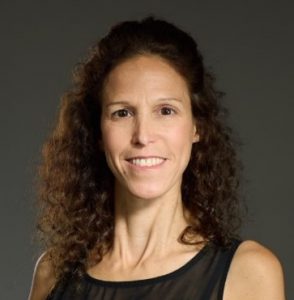

Smadar Ben-Tabou de-Leon
Associate Professor
Head of the Department of Marine Biology
Head of the GRD Lab
Leon H. Charney School of Marine Sciences
Fields of Research
Biological regulation and evolution of embryo development
SHORT BIO
I obtained a PhD in theoretical physics from the Hebrew University in Jerusalem. I then transitioned to the field of developmental and evolutionary biology, received the Rothschild fellowship and the human frontiers fellowship to do a post-doctoral research on these topics at Caltech (the USA). I am the head of the lab of an associate editor of Frontiers in Ecology and Evolution and Frontiers in Cell and Developmental Biology.
In my lab we use the sea urchin embryo to decipher the biological regulation of embryo development. We discovered that the genetic program that drives sea urchin embryonic skeletogenesis is similar to the genetic program that humans use to build their blood vessels, during normal development and in cancer progression. Specifically, the same protein that tumor cell secretes to attract blood vessels that enable tumor growth and metathesis, is critical for sea urchin skeleton formation. We revealed a remarkable compatibility of human and sea urchin proteins which demonstrates the great potential of utilizing the sea urchin embryo for the development of novel therapeutic approaches.
I am married, I have four kids and two cats, and in my spare time I like playing pokemon-go, jogging and hiking.
FUNDRAISING NEEDS
The department of marine biology was established in 2010 with the vision of combining cutting edge field and lab research, sharing our knowledge with the public and affecting marine related policies. A gift will help us advance these goals and continue our research. The research in the department analyzes the effects of climatic changes on marine animals, and produces and tests new strategies for the preservation of marine life in a changing climate. Donations will help us to conduct our research and advance the understanding of life in the oceans, so that we can protect them. The donations will help fund scholarships for master’s and PhD students, to carry out controlled research in the laboratory and to go on research cruises where we study marine life in the field.
Meet more of Our Ambassadors


Dr. Yael Granot-Bein
Director of the Social Engagement Unit
Office of the Dean of Students


